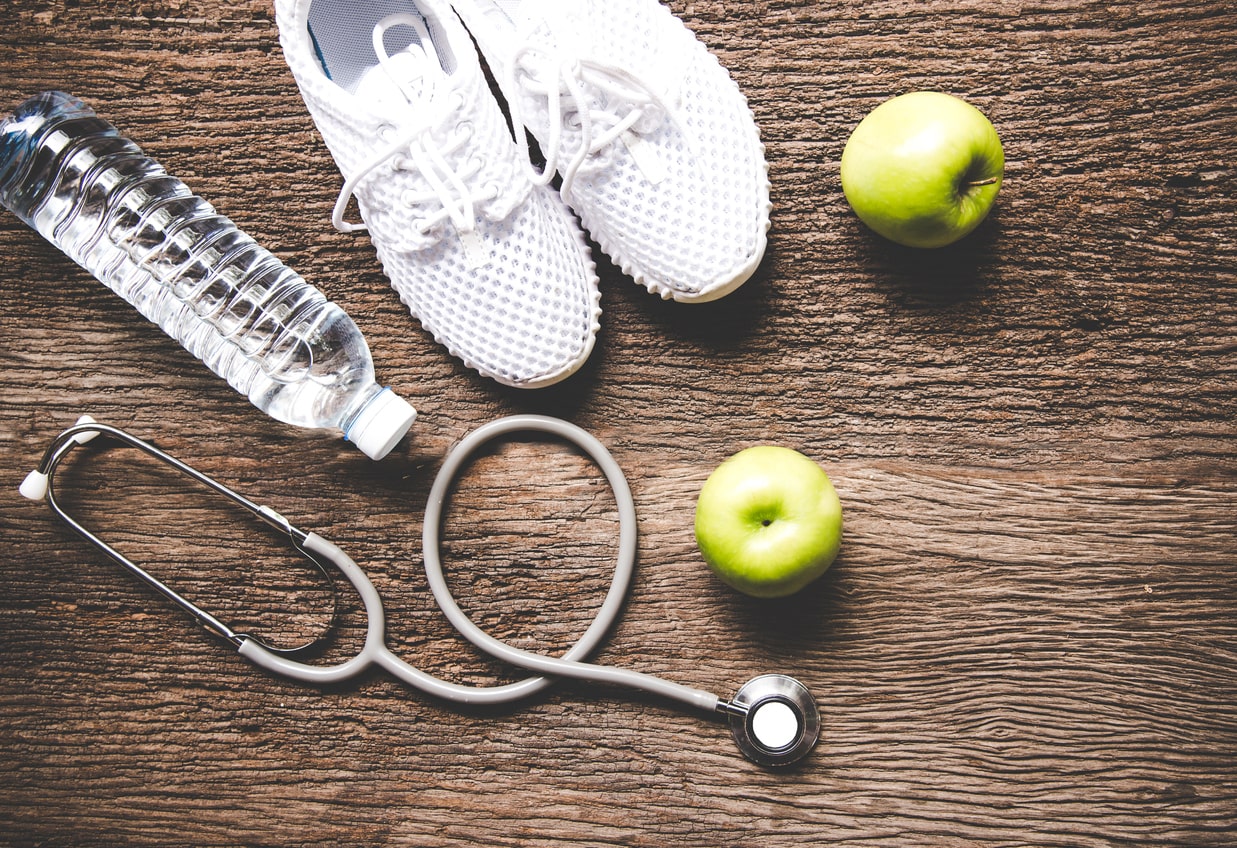Now Reading: Nutrition Tips for Recovering Addicts: A Guide to Healing and Long-Term Sobriety
-
01
Nutrition Tips for Recovering Addicts: A Guide to Healing and Long-Term Sobriety
Nutrition Tips for Recovering Addicts: A Guide to Healing and Long-Term Sobriety

Introduction
Recovery from addiction is a life-changing journey that requires more than just mental and emotional healing. Proper nutrition plays a crucial role in restoring the body’s balance, boosting energy levels, and supporting long-term sobriety. Substance abuse often depletes essential nutrients, weakens the immune system, and causes digestive issues. By following the right nutrition tips for recovering addicts, individuals can rebuild their health and strengthen their recovery process.
This article explores how a balanced diet supports recovery, key nutrients to focus on, and practical tips for maintaining healthy eating habits during the recovery journey.
The Role of Nutrition in Addiction Recovery
Substance abuse affects the body in many harmful ways, including:
- Nutrient Deficiencies: Drugs and alcohol interfere with nutrient absorption and metabolism.
- Blood Sugar Imbalances: Unhealthy cravings and mood swings can arise from fluctuating blood sugar levels.
- Digestive Issues: Many recovering addicts experience gut inflammation, poor digestion, and nutrient malabsorption.
- Weakened Immune System: A poor diet increases vulnerability to infections and illnesses.
Eating a nutrient-dense diet can help:
- Stabilize mood and reduce cravings.
- Restore essential nutrients and improve energy levels.
- Strengthen the immune system and promote gut health.
- Support brain function and mental clarity.
By prioritizing healthy food choices, recovering addicts can enhance physical and mental well-being, making it easier to maintain sobriety.
Essential Nutrition Tips for Recovering Addicts
1. Prioritize Whole Foods Over Processed Foods
- Whole foods such as vegetables, fruits, lean proteins, whole grains, and healthy fats provide the necessary nutrients for recovery.
- Processed foods high in sugar, artificial additives, and unhealthy fats can worsen mood swings and cravings.
- Focus on a balanced plate with a variety of nutrient-rich foods.
2. Stay Hydrated with Water and Herbal Teas
- Dehydration is common in recovering addicts, especially for those overcoming alcohol or stimulant addiction.
- Drinking 8-10 glasses of water daily helps flush out toxins and supports brain function.
- Herbal teas like chamomile, peppermint, and green tea can aid digestion and reduce anxiety.
3. Increase Protein Intake for Brain Health
- Protein is essential for repairing tissues and producing neurotransmitters like dopamine and serotonin.
- Good protein sources include chicken, fish, eggs, beans, lentils, and nuts.
- Eating enough protein can stabilize mood and enhance cognitive function.
4. Boost Gut Health with Probiotics and Fiber
- The gut plays a vital role in mental health and overall recovery.
- Probiotic-rich foods such as yogurt, kefir, sauerkraut, and kimchi help restore healthy gut bacteria.
- High-fiber foods like oats, whole grains, chia seeds, and leafy greens support digestion and prevent constipation.

5. Include Omega-3 Fatty Acids for Brain Function
- Omega-3s help reduce inflammation, improve focus, and regulate mood.
- Best sources: Fatty fish (salmon, mackerel), walnuts, flaxseeds, and chia seeds.
- Omega-3 supplements can also be beneficial for those who don’t eat enough fatty fish.
6. Eat Magnesium-Rich Foods to Reduce Stress
- Magnesium helps the body relax, reduces anxiety, and improves sleep quality.
- Foods high in magnesium include dark leafy greens, nuts, seeds, and whole grains.
- Many recovering addicts have low magnesium levels due to prolonged substance use.
7. Stabilize Blood Sugar Levels with Complex Carbohydrates
- Addiction can cause blood sugar fluctuations, leading to irritability and cravings.
- Replace refined sugars and processed carbs with complex carbohydrates like:
- Brown rice
- Quinoa
- Sweet potatoes
- Whole wheat bread
- These foods provide steady energy and prevent mood crashes.
8. Limit Caffeine and Sugar Intake
- Too much caffeine can increase anxiety and disrupt sleep.
- Excess sugar consumption can lead to energy crashes, mood swings, and increased cravings.
- Choose natural sweeteners like honey or fruits instead of processed sugar.
9. Plan Balanced Meals to Prevent Cravings
- Meal planning helps avoid impulsive eating of unhealthy foods.
- Aim for 3 balanced meals and 2 healthy snacks daily.
- A good meal combination:
- Lean protein + complex carbs + healthy fats + fiber
10. Adopt a Mindful Eating Approach
- Eat slowly and without distractions to recognize hunger and fullness cues.
- Mindful eating helps develop a healthy relationship with food.
- Practice gratitude for meals and focus on nourishing the body rather than emotional eating.
Sample Daily Meal Plan for Recovering Addicts
Breakfast:
✅ Scrambled eggs with spinach and whole-grain toast
✅ A bowl of Greek yogurt with berries and flaxseeds
✅ Herbal tea or warm lemon water
Lunch:
✅ Grilled salmon with quinoa and roasted vegetables
✅ A side of mixed greens with olive oil dressing
Snack:
✅ Handful of almonds and walnuts
✅ A banana with peanut butter
Dinner:
✅ Chicken stir-fry with brown rice and broccoli
✅ A bowl of lentil soup with whole wheat bread
Hydration:
✅ Drink at least 8 glasses of water throughout the day
✅ Green tea or chamomile tea before bedtime
Supplements That Support Addiction Recovery
While a balanced diet is the best way to get nutrients, some supplements may help support the recovery process:
- Vitamin B-complex: Helps restore energy and brain function.
- Vitamin D: Supports mood regulation and immune health.
- Zinc: Aids in neurotransmitter function and reduces stress.
- L-glutamine: Helps curb sugar cravings and supports gut health.
Conclusion
Proper nutrition is a powerful tool in addiction recovery, helping individuals heal physically, mentally, and emotionally. By following these nutrition tips for recovering addicts, individuals can regain strength, reduce cravings, and promote long-term sobriety.
A well-balanced diet improves mood, boosts energy levels, and supports brain function, making the journey to recovery smoother. Remember, small changes lead to lasting results—start by making one healthy choice at a time.

Hi, I’m Brittany Larsen, a passionate blogger and content creator dedicated to writing meaningful and engaging articles. I specialize in topics like mental health, wellness, and personal development, aiming to inspire and empower my readers through relatable stories and practical advice.























